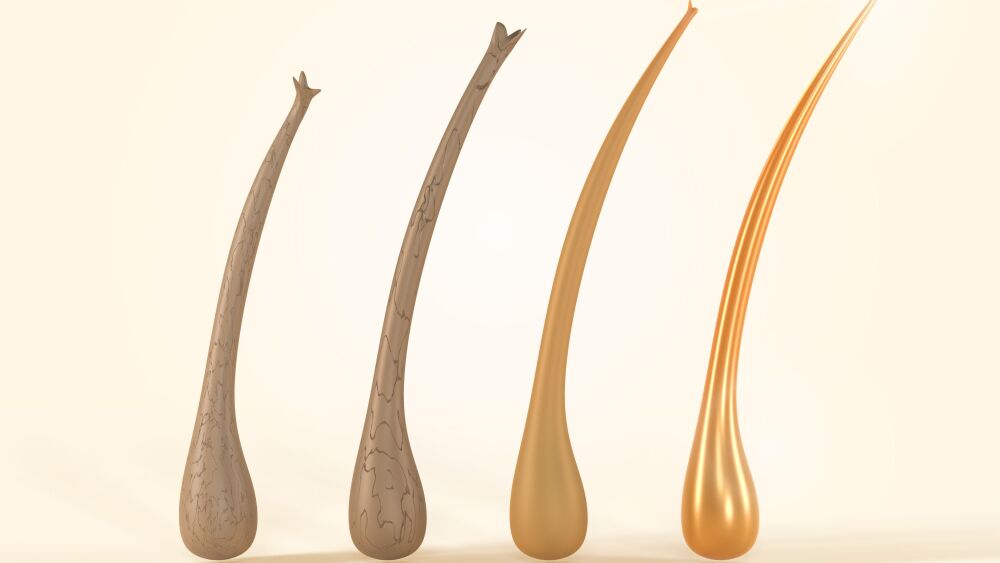Females with bladder cancer are more likely than their male counterparts to experience a greater number of symptoms and challenges with coping, less support and, as a result, lower perceptions of quality of life.
|
PHILADELPHIA, July 16, 2019 /PRNewswire/ -- Females with bladder cancer are more likely than their male counterparts to experience a greater number of symptoms and challenges with coping, less support and, as a result, lower perceptions of quality of life. This is one of many findings from Bladder Cancer In America 2019, a new survey from Health Union that illuminates the perspectives and experiences of people living with bladder cancer.
Across a multitude of quality of life factors, male respondents were more likely than females to have a more positive outlook. Males were more likely to say they feel others understand what they're going through, they enjoy their typical activities, they have never felt stigmatized or judged about having bladder cancer and they never worry about their condition worsening. Female respondents, on the other hand, were more likely than males to say they feel like a burden when sharing concerns or feelings with others, don't feel comfortable asking for support when they need it and experience anxiety when going for scans or follow-up visits with their healthcare professionals. In general, anxiety and overall challenges with coping were more prominent among female respondents. In addition to their bladder cancer, women were more likely to say they are also diagnosed with anxiety, panic disorders and mood disorders, in addition to physical conditions like arthritis and thyroid disease. Emotional support was a top concern for women across many survey categories. When asked about the types of support they wish they were receiving, females were more likely than men to say they wanted more emotional support and help finding coping strategies and stress management techniques. Women were more likely than men to seek out information about a variety of topics, including emotional support, support groups and depression related to bladder cancer. Females were also more likely to say they share information about their condition with people in the hope of gaining emotional support. The difference in need for coping support could be connected to a variety of factors, including a higher volume of symptoms and the type of individuals assisting in condition management. For example, in the past month, females were more likely than men to have experienced fatigue, overall pain and discomfort, lower back pain, pelvic pain and foot swelling. Male respondents were more likely than females to have their spouse involved in the management of their bladder cancer, while females were more likely than men to have a sibling, child, friend or nobody involved in managing their condition. Men were also more likely to say they currently receive a slew of other types of support, including treatment and medication management, HCP selection, food preparation and help understanding medical care. "We have known – and the Bladder Cancer In America 2019 results further prove – that support for coping with a chronic health condition is largely needed, but sometimes sparsely provided," said Tim Armand, co-founder and president of Health Union. "The fact that emotional support appeared as a common need among female respondents further solidifies the importance of having an online community like BladderCancer.net that provides a place for people living with the condition to find support, information and validation." Bladder Cancer In America 2019 surveyed 420 patients living with bladder cancer, as well as 29 current caregivers and 18 caregivers of deceased patients, from Jan. 7 to April 12, 2019. A summary infographic of the results is available on BladderCancer.net; additional survey results may be available upon request. About Health Union
SOURCE Health Union, LLC |





